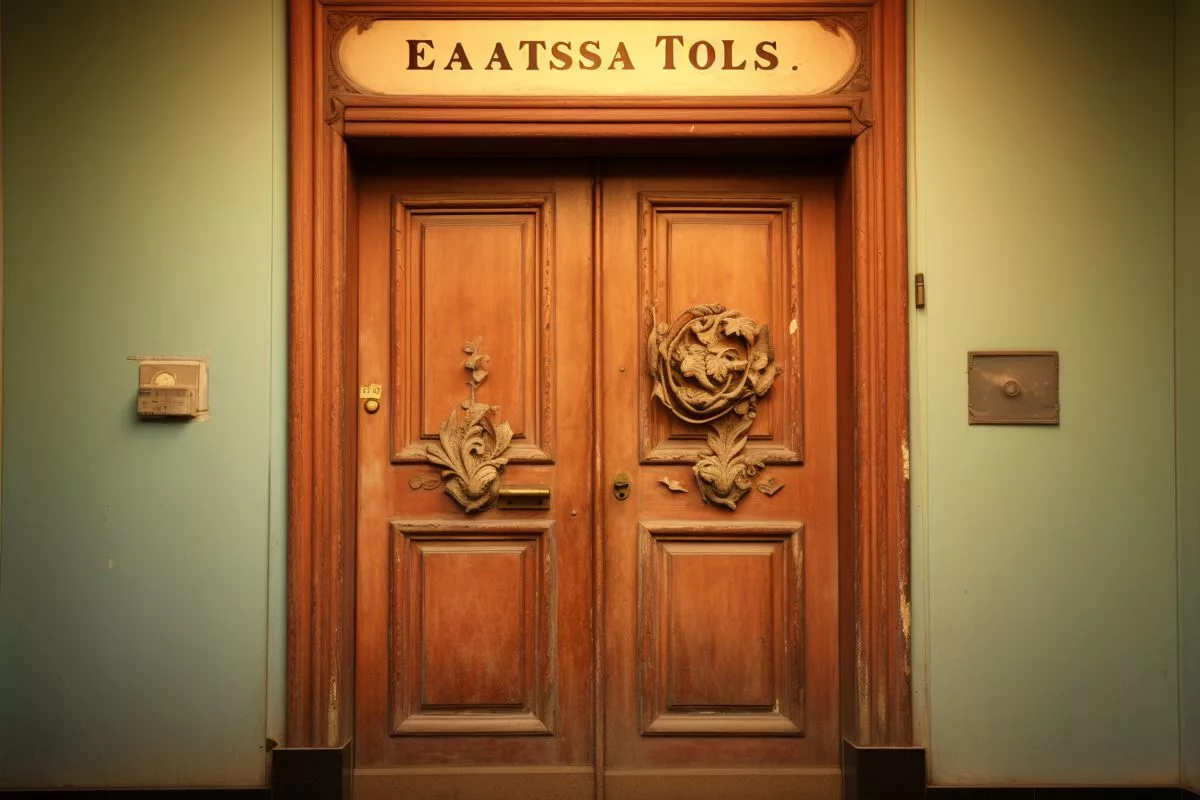The Western Cape province is strengthening climate resilience through a partnership between Stellenbosch University’s School for Climate Studies and the Departments of Agriculture and of Environmental Affairs and Development Planning. The alliance aims to facilitate a just transition towards a climate-resilient society and a sustainable, low-carbon economy through partnerships and cooperation in research, capacity building, and the pursuit of climate-related solutions. The MOA signed in 2023 emphasizes the importance of partnerships and the exchange of scientific expertise in developing a green, low-carbon, and climate-resilient province by 2050.
How is the Western Cape province strengthening climate resilience?
The Western Cape Departments of Agriculture and of Environmental Affairs and Development Planning have collaborated with Stellenbosch University’s School for Climate Studies to secure a climate-resilient future. This alliance aims to facilitate a just transition towards a climate-resilient society and a sustainable, low-carbon economy through partnerships and cooperation in research, capacity building, and the pursuit of climate-related solutions. The ultimate objective is to accomplish a green, low-carbon, and climate-resilient province by 2050.
In a groundbreaking effort to secure a climate-resilient future for the Western Cape province, the Western Cape Departments of Agriculture and of Environmental Affairs and Development Planning have collaborated with Stellenbosch University’s School for Climate Studies. This strategic alliance is formalized by a Memorandum of Agreement (MOA) signed on 7 November 2023.
The School for Climate Studies: Fostering Transdisciplinary Solutions
Established in 2021, the School for Climate Studies fosters a transdisciplinary approach by integrating climate-related expertise from various faculties, public sector climate policies, private sector climate compensation initiatives, and Stellenbosch University’s social impact mission. This distinctive fusion aims to facilitate a just transition toward a climate-resilient society and a sustainable, low-carbon economy.
Ministers Ivan Meyer and Anton Bredell, co-leaders of Climate Change governance in the Western Cape, assert that the signing of this MOA demonstrates the Western Cape government’s dedication to climate change resilience.
Addressing Climate Change Impact through Collaboration
Minister Meyer recognizes the rising annual temperatures, dwindling colder days, and increasing frequency of droughts, floods, and heat waves predicted by climate change models. These trends underscore the pressing need for a cooperative response involving government, tertiary institutions, the private sector, and society as a whole to alleviate the impact of climate change.
The MOA accentuates the importance of partnerships and cooperation in propelling the Western Cape as a frontrunner in job creation, economic development, and capacity building across disciplines. Minister Meyer expounds that the Western Cape Climate Change Response Strategy and the SmartAgri plan are directing an effective response to climate change amidst global and local disaster events.
Research and Capacity Building: Adapting to a Changing Climate
Minister Bredell emphasizes that the MOA will facilitate the pursuit of local and international research and capacity-building opportunities, including joint projects, to augment the climate change knowledge base in the Western Cape.
He observes that climate change projections for the Western Cape indicate a higher probability of frequent and intense extreme weather events, which jeopardize food security and economic growth for both the province and South Africa at large. The MOA enables the exchange of scientific and institutional expertise within the partnership and with global partners, hastening the shift toward climate change adaptation, mitigation, and a climate-resilient province.
Stellenbosch University’s Crucial Role
During the MOA signing ceremony, Prof Sibusiso Moyo, Deputy Vice-Chancellor of Research, Innovation, and Postgraduate Studies at Stellenbosch University, highlighted the university’s vital role in the ongoing development of the province. Research conducted by the School for Climate Studies will be crucial in devising and implementing climate-related solutions and technologies that address broader social concerns, including job creation, skills training, poverty reduction, and inclusivity.
Minister Meyer concludes that the Western Cape Government is assessing climate change’s influence on its three strategic priorities: jobs, safety, dignity, and well-being. In doing so, they are incorporating climate change into the Western Cape Government’s operations, with the ultimate objective of accomplishing a green, low-carbon, and climate-resilient province by 2050.
Towards a Climate-Resilient Western Cape: A Promising Path Forward
This alliance between the Western Cape government and Stellenbosch University’s School for Climate Studies serves as an inspiring example of how collaboration and knowledge-sharing can contribute to a more sustainable and resilient future. By combining the expertise and resources of academia, government, and the private sector, the Western Cape aspires to surmount the challenges posed by climate change and emerge as a leading province in job creation, economic development, and capacity building across disciplines.
While the journey ahead may be lengthy and riddled with challenges, this MOA provides a hopeful path forward in the pursuit of a climate-resilient Western Cape, setting the foundation for similar partnerships in the quest for a sustainable, low-carbon future.
1. What is the partnership between Stellenbosch University’s School for Climate Studies and the Western Cape Departments of Agriculture and of Environmental Affairs and Development Planning?
The partnership aims to facilitate a just transition towards a climate-resilient society and a sustainable, low-carbon economy through partnerships and cooperation in research, capacity building, and the pursuit of climate-related solutions.
2. What is the School for Climate Studies?
The School for Climate Studies is an academic institution established in 2021 that fosters a transdisciplinary approach by integrating climate-related expertise from various faculties, public sector climate policies, private sector climate compensation initiatives, and Stellenbosch University’s social impact mission.
3. What is the ultimate objective of the partnership?
The ultimate objective is to accomplish a green, low-carbon, and climate-resilient province by 2050.
4. Why is climate resilience important for the Western Cape province?
The region is experiencing rising annual temperatures, dwindling colder days, and increasing frequency of droughts, floods, and heat waves predicted by climate change models. These trends underscore the pressing need for a cooperative response involving government, tertiary institutions, the private sector, and society as a whole to alleviate the impact of climate change.
5. What is the MOA?
The Memorandum of Agreement (MOA) is a formalized agreement signed on 7 November 2023 between the Western Cape Departments of Agriculture and of Environmental Affairs and Development Planning and Stellenbosch University’s School for Climate Studies.
6. What is Minister Meyer’s role in addressing climate change impact?
Minister Meyer is one of the co-leaders of Climate Change governance in the Western Cape. He recognizes the pressing need for a cooperative response to address the impact of climate change, involving government, tertiary institutions, the private sector, and society as a whole.
7. What is Minister Bredell’s role in the partnership?
Minister Bredell is responsible for ensuring the MOA facilitates the pursuit of local and international research and capacity-building opportunities, including joint projects, to augment the climate change knowledge base in the Western Cape.
8. What is Stellenbosch University’s role in the partnership?
Stellenbosch University’s role is to conduct research and provide climate-related solutions and technologies that address broader social concerns, including job creation, skills training, poverty reduction, and inclusivity.








